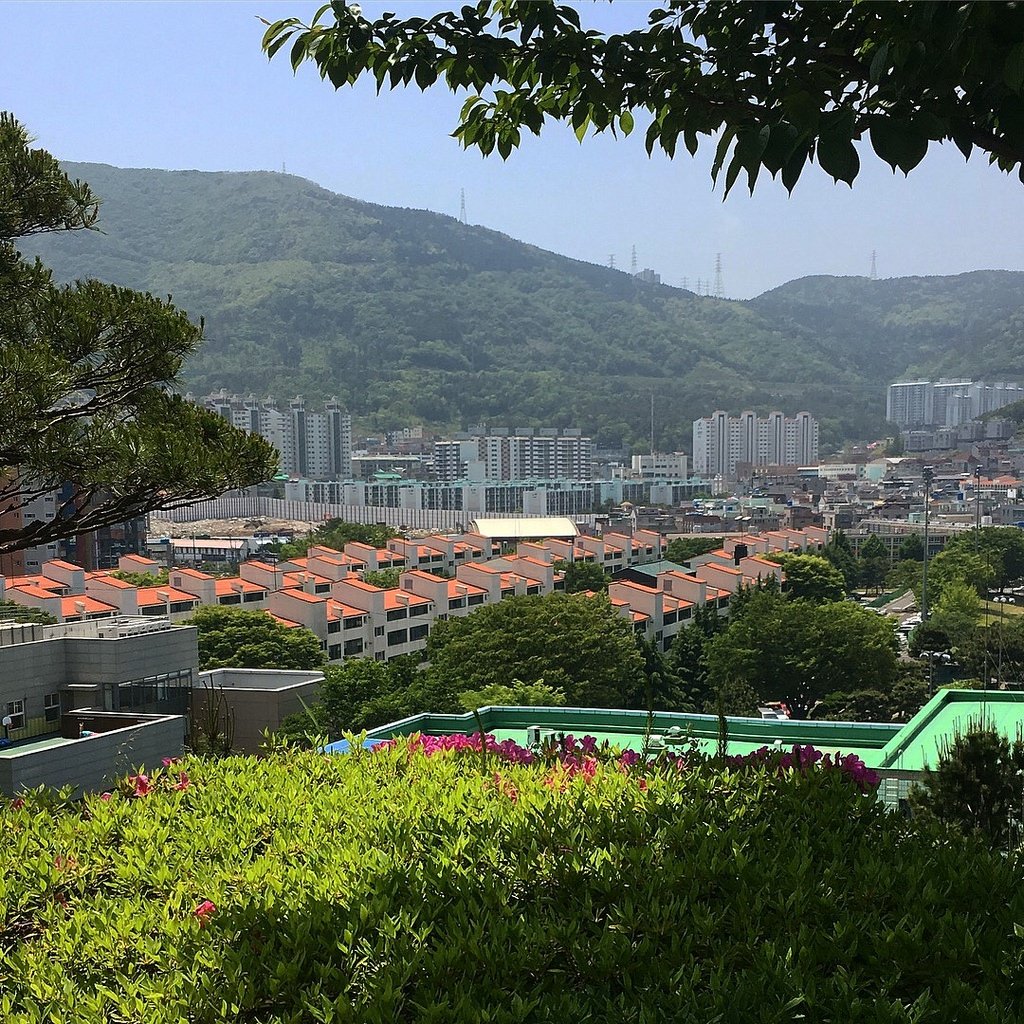South Korea Rental Market
Recent changes in bank interest rates and tax laws implemented in 2020 are two of the biggest factors that fuel the rental market change for all payment systems in South Korea. Landlords continue to react to the latest housing measure, resulting in a reduction of supply and adjusting the traditional payment systems.
Ulsan is a popular area for factories and more expatriates are moving in, but there is less availability of rental housing as demand overtakes supply. Rents increased in the last 6 to 12 months because of changes in taxation. When landlords have to pay additional tax, many sell their property, which decreases the rental supply. Availability is projected to drop in the near future because there are more projects coming into Ulsan, which will bring more expats.
Busan is popular with expats because of its proximity to clubs and the beach. The rental market increased in the last six months. Low availability is making it a landlord’s market. The vacancy rate is low, and people can be on a waitlist of 2 to 4 months to get an apartment. More expats are willing to live in Marine City, where there is more new construction of supply.
The Seoul rental market has remained very active in the last 6 months. In addition to the typical payment systems, AIRINC researchers started to notice a few landlords asking for full payment plus deposit. It may be difficult for expatriates to find a property now without paying a deposit as Seoul is a very landlord-oriented market. Apartments are more popular because it can be difficult to find good quality houses and they can be very expensive to rent. Seoul is expected to remain a landlord’s market in the coming months as renters have little negotiation power.
Need more information on housing around the world? Contact us.




%20(28).png)

%20(27).png)

